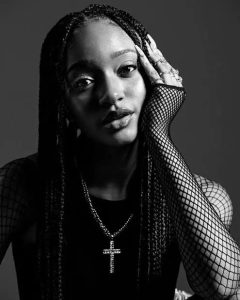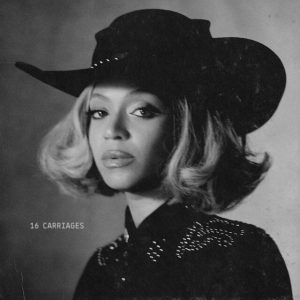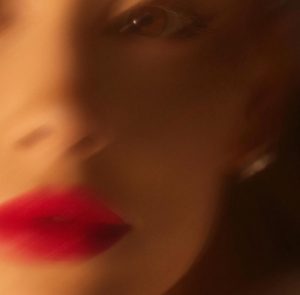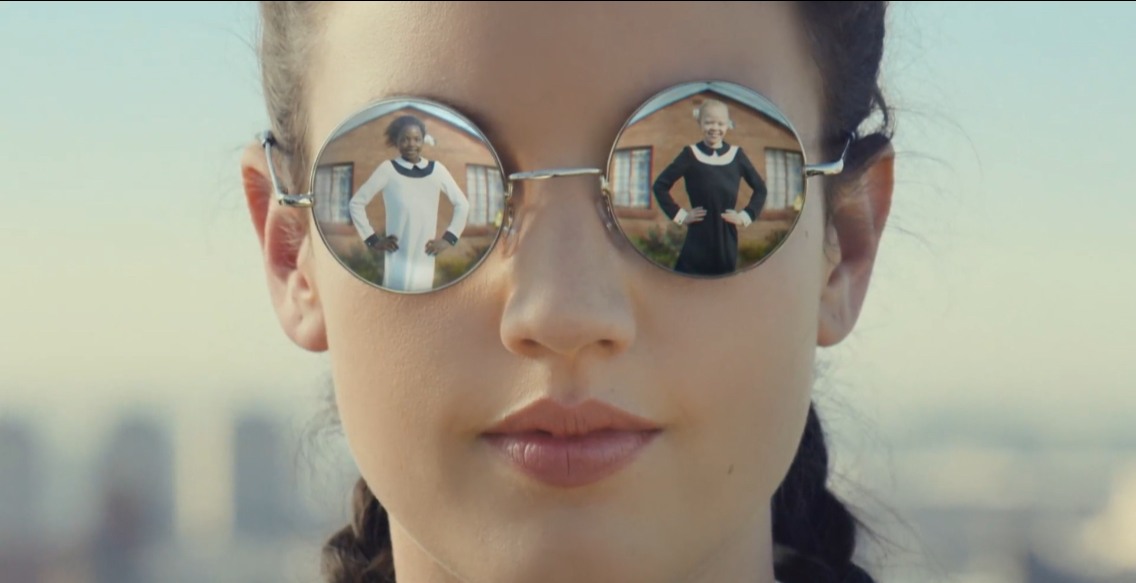
What does Makeba Song mean?
If you are very active on TikTok and Instagram, then you must have heard the popular Makeba song that is being used in milions of reels and videos across the world. But what does the song mean? What does Makeba mean?. Here is Makeba song Meaning
Makeba Song Meaning {Explained}
Makeba Song meaning is steeped in its adulation of the name title of the song itself- in reference to the Famed South-African Singer-Songwriter- Miriam Makeba. In the song, Jain describes how Miriam’s impact has breathed so much life to her soul that it makes her want to dance and feel the lure of Miriam’s presence/impact.
Jain Makeba song meaning is entirely aboutt Miriam Makeba’s impact not only in the world of music but as an Human Rights Activist. Miriam’s personal life was difficult. She was married to a very abusive husband at the age of 17 and would later go on to survive breast cancer several years later.
Before this, Miriam had been noted for her singing talent and she sang with groups. She would later gain international recognition and win a Grammy Award. Her music has been of so much impact that she has been nicknamed “Mama Africa”.
In the song, Makeba Meaning is further established when Jain reveals that Miriam Makeba was an incredible Human Rights activist. She says:
“I wanna see you fight
Because you are the real beauty of human right”
Here, Makeba song meaning addresses a time in history when Miriam Makeba testified against the South-African Government in the United Nations. Makeba would later marry the leader of the Black Panther Party and this made her Visa to be revove dby the US Government.
Makeba Song meaning celebrates the person, legacy and impact of Miriam Makeba. Jain idolizes Makeba because of how much of herself she gave selflessly in trying to make the world a better place with her music and her unwavering support of human rights and outspoken views against apartheid and racism.
One thing to note is that Jain uses Makeba meaning to influence the song production in order to make it upbeat so people could dance to it, rejoice and celebrate the impact of a legend- Miriam Makeba. This is why she says:
Nobody can beat the Mama Africa
You follow the beat that she’s gonna give ya
Here, Jain infers that Makeba has a very huge influence on her songs and on life generally. It’s as though she is music herslef and everyone is just submitted to the tune of her sound and what she gives
That’s Makeba Song meaning by Jain
Here is “Igbo and Shayo” Meaning by Burna Boy
Sam Smith “Unholy” Lyrics Meaning {Fully Explained}
Asake “Lonely at the top” lyrics Meaning {Fully explained}
Read more about Miriam Makeba
Makeba was among the first African musicians to receive worldwide recognition. She brought African music to a Western audience, and popularized the world music and Afropop genres. Despite her cosmopolitan background, she was frequently viewed by Western audiences as an embodiment of Africa
She was also seen as a style icon in both South Africa and the West. Makeba made popular several songs critical of apartheid, and became a symbol of opposition to the system, particularly after her right to return was revoked. Upon her death, former South African President Nelson Mandela said that “her music inspired a powerful sense of hope in all of us.”
Zenzile Miriam Makeba was born on 4 March 1932 in the black township of Prospect, near Johannesburg, as the only child of her father and the sixth of her mother. Her Xhosa father, Caswell Makeba, was a teacher; he died when she was six years old. Her Swazi mother, Christina Makeba, was a domestic worker; she had previously separated from her first husband and met and married Caswell shortly afterwards.
Makeba later said that before she was conceived, her mother had been warned that any future pregnancy could be fatal. Neither Miriam nor her mother seemed likely to survive after a difficult labour and delivery. Miriam’s grandmother, who attended the birth, often muttered “uzenzile”, a Xhosa word that means “you brought this on yourself”, to Miriam’s mother during her recovery, which inspired her to give her daughter the name “Zenzile”
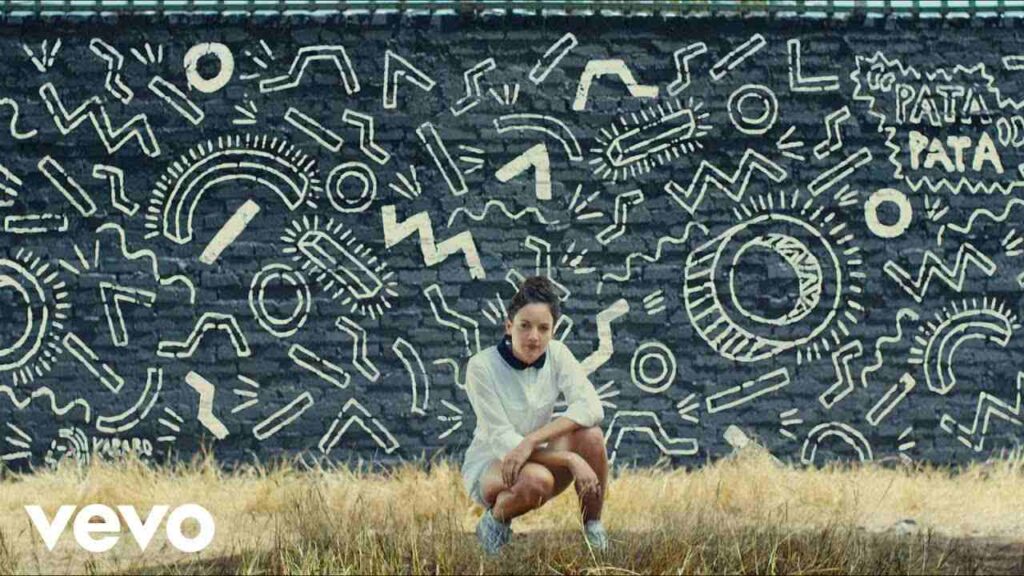
Makeba began her professional musical career with the Cuban Brothers, a South African all-male close harmony group, with whom she sang covers of popular American songs.
Soon afterwards, at the age of 21, she joined a jazz group, the Manhattan Brothers, who sang a mixture of South African songs and pieces from popular African-American groups.
Makeba was the only woman in the group.
With the Manhattan Brothers she recorded her first hit, “Lakutshn, Ilanga”, in 1953, and developed a national reputation as a musician.[17] In 1956 she joined a new all-woman group, the Skylarks, singing a blend of jazz and traditional South African melodies. Formed by Gallotone Records, the group was also known as the Sunbeams.
Makeba sang with the Skylarks when the Manhattan Brothers were travelling abroad; later, she also travelled with the Manhattan Brothers.
In the Skylarks, Makeba sang alongside Rhodesian-born musician Dorothy Masuka, whose music Makeba had followed, along with that of Dolly Rathebe. Several of the Skylarks’ pieces from this period became popular; the music historian Rob Allingham later described the group as “real trendsetters, with harmonisation that had never been heard before.” Makeba received no royalties from her work with the Skylarks





